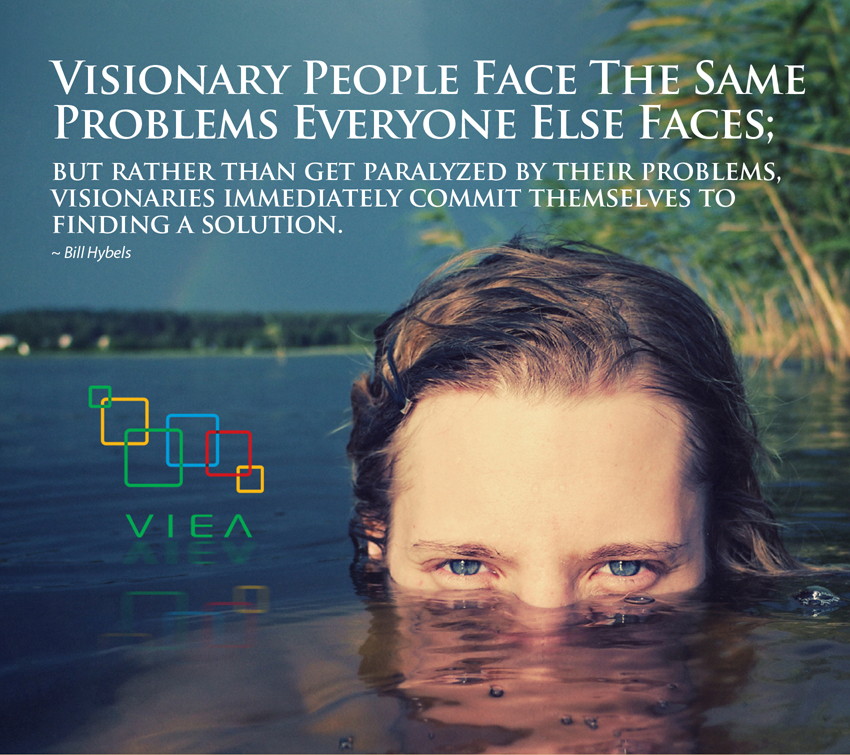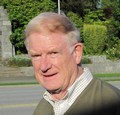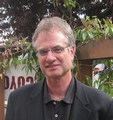Convening for Action on Vancouver Island: Visionary People Face the Same Problems Everyone Else Faces
Note to Readers:
On October 25-26, the Vancouver Island Economic Alliance is hosting the 4th State of the Island Economic Summit. Day 2 includes four parallel breakout sessions, including one on water sustainability that is a collaboration of Convening for Action on Vancouver Island (CAVI) and Leadership BC Central Vancouver Island. Details of this session are provided below.

Create a Picture of the Future
“Hard work is no stranger to visionaries Kim Stephens, John Finnie, Kathy Bishop, Eric  Bonham and Tim Pringle. Major breakthroughs happen when decision-makers in government work with grass-roots visionaries in the community to create desired outcomes,” states Cori Lynn Germiquet, VIEA President.
Bonham and Tim Pringle. Major breakthroughs happen when decision-makers in government work with grass-roots visionaries in the community to create desired outcomes,” states Cori Lynn Germiquet, VIEA President.
“This 5-person team will be conducting a session titled Water for Life and Livelihoods: What Drives Large-Scale Real Estate Development in the Mid-Island Region.”
Convening for Action
 “This interactive session on land development and water sustainability will inform and educate participants about a new form of governance that is taking root in the local government setting on Vancouver. It is inclusive, engaging and very effective. It starts with a vision: settlement change in balance with ecology,” explains Eric Bonham, a founding member of the CAVI Leadership Team and a former Director in two provincial Ministries.
“This interactive session on land development and water sustainability will inform and educate participants about a new form of governance that is taking root in the local government setting on Vancouver. It is inclusive, engaging and very effective. It starts with a vision: settlement change in balance with ecology,” explains Eric Bonham, a founding member of the CAVI Leadership Team and a former Director in two provincial Ministries.
“It is about turning the whole game around to a new way of doing business. When ‘convening for action’, we create a picture of the future that we want. The future desired by all will be created through alignment of federal, provincial, regional and local policies and actions.”
When we gather it is for a purpose
“It is the action, the outcome, that is important. Convening for action is our branding. When we gather, it is for a purpose. There must be an outcome,” continues Kim Stephens, Program Coordinator for the Water Sustainability Action Plan for British Columbia.
“Convening for action as a provincial initiative has evolved over the last five years. We started in the South Okanagan because there was a regional growth strategy that opened the door to establishing a provincial water-centric precedent. We experienced the power of the conversation and how people come together when there there is a shared vision.”
“By 2006, we were ready to go a bigger scale. The Meeting of the Minds initiative spearheaded by Eric Bonham became CAVI-Convening for Action on Vancouver Island. We applied the lessons that we learned in the South Okanagan. We asked the question: what do we want the Island to look like in 50 years?”
“It has been one conversation at a time. It is not ‘talking at’ people. It is about facilitating the conversation. Local government people started talking to each other and sharing. We started seeing ripple effects. The land ethic has started to change. It does not happen overnight.”
Water for Life & Livelihoods
 “The phrase water for life and livelihoods conveys the fundamental principles of sustainability of natural systems in their own right and in relation to the health and wellbeing of people who benefit from the use of water for basic life needs and economic activity,” states John Finnie, CAVI Chair.
“The phrase water for life and livelihoods conveys the fundamental principles of sustainability of natural systems in their own right and in relation to the health and wellbeing of people who benefit from the use of water for basic life needs and economic activity,” states John Finnie, CAVI Chair.
“Water sustainability can and will be achieved through implementation of green infrastructure policies and practices. Getting there requires a change in mind-set.”
One Market – Cobble Hill to Campbell River
Research by the Real Estate Foundation, undertaken by Tim Pringle, concludes that real estate development in the mid-region of the east coast of Vancouver Island is a common market.
 “This one market concept is a significant and material finding. It suggests that communities can choose from among development proposals, and can therefore control their destinies. Communities can establish expectations as to what they want and what they will accept. As communities develop and/or redevelop, it is all about changing the land ethic,” states Tim Pringle.
“This one market concept is a significant and material finding. It suggests that communities can choose from among development proposals, and can therefore control their destinies. Communities can establish expectations as to what they want and what they will accept. As communities develop and/or redevelop, it is all about changing the land ethic,” states Tim Pringle.
“Stepping back to look at the really big picture, an over-arching question is: How will communities from Cobble Hill to Campbell River align their efforts to ensure the right development in the right place in the right time? Answering this question leads to a regional team approach that is founded on broad and inclusive partnerships and collaboration.”


